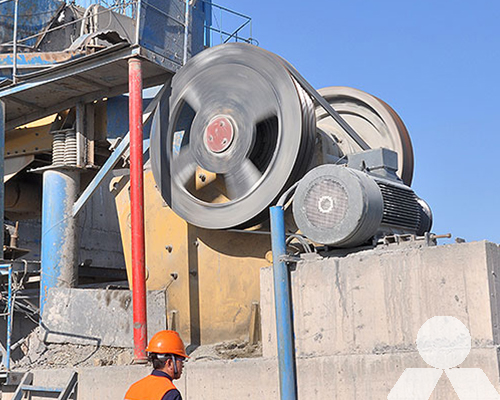Specifications, Parameters, and Performance of Jaw Crusher
Jaw crusher is essential equipment in the mining and construction industries, designed to crush a variety of materials efficiently. In this article, we will delve into the specifications, parameters, and performance of jaw crushers, highlighting their critical role in material processing.

Specifications:
Jaw crushers come in various sizes and configurations, each tailored to specific applications. Here are some common specifications you should consider when selecting a jaw crusher:
- Feed Size:
- Jaw crushers are designed to accommodate a range of feed sizes, typically ranging from small rocks to larger chunks of material. The maximum feed size is a crucial factor in choosing the right jaw crusher for your operation.
- Capacity:
- Capacity is measured in terms of the volume of material the crusher can process per unit time, typically in tons per hour (tph). Ensure that the crusher’s capacity meets your production requirements.
- Crushing Mechanism:
- Jaw crushers operate by compressing material between a fixed jaw plate and a movable jaw plate. The type of crushing mechanism can affect the quality of the final product.
- Power Requirements:
- Jaw crushers require electrical or diesel power to operate. Ensure that the available power source is compatible with the crusher’s requirements.
Parameters:
To evaluate the performance of a jaw crusher, you need to consider various parameters, including:
- Crushing Efficiency:
- Efficiency measures how well a jaw crusher converts input energy into useful output. Higher efficiency results in reduced energy consumption and better productivity.
- Crushing Ratio:
- The crushing ratio is the ratio of the size of the feed material to the size of the crushed product. It affects the final product size and shape.
- Discharge Opening Size:
- The adjustable discharge opening allows you to control the final product size. Smaller openings produce finer materials, while larger openings yield coarser products.
- Stroke and Speed:
- The jaw’s stroke (the distance the movable jaw moves during each cycle) and operating speed influence the crushing process. Proper adjustment can optimize performance.
Performance:
The performance of a jaw crusher is critical for overall operation efficiency and product quality. Here are some key aspects of performance:
- Throughput:
- High throughput means the crusher can process more material in less time, improving overall productivity.
- Wear Resistance:
- Quality materials and robust construction are essential for a jaw crusher to withstand the abrasive nature of many materials without excessive wear.
- Maintenance:
- Easy access to key components for maintenance and regular upkeep is crucial to ensure the crusher’s long-term performance.
- Versatility:
- A versatile jaw crusher can handle various materials and applications, making it a valuable asset in different industries.
In conclusion, understanding the specifications, parameters, and performance characteristics of a jaw crusher is essential when selecting the right equipment for your operations. Careful consideration of these factors will help you maximize efficiency and productivity while minimizing downtime and maintenance costs.









